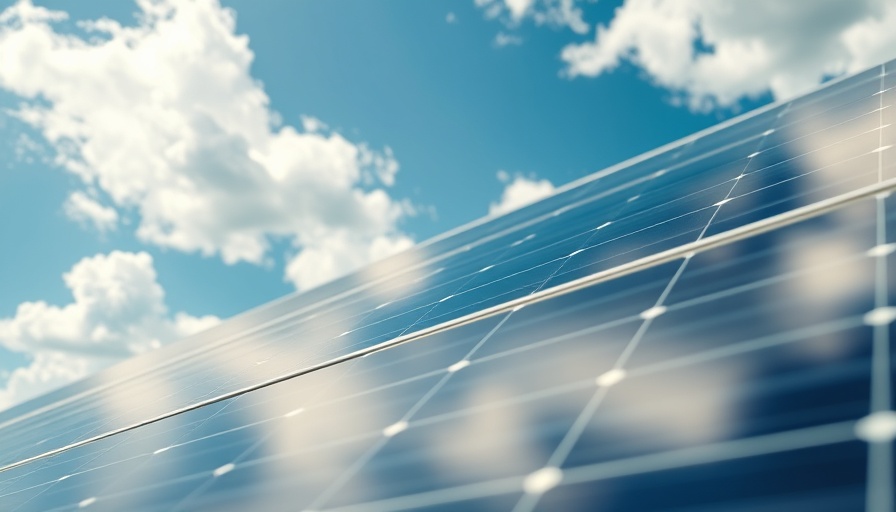
Why We Don't Need a Global Plastics Treaty Right Now
As global leaders grapple with the escalating plastic crisis, recent negotiations in Geneva to establish a binding treaty on plastic pollution fell short, signaling that reliance on international agreements may not yield immediate results. Doug Woodring, managing director of the nonprofit Ocean Recovery Alliance, argues that nations don't need to wait for a treaty to take meaningful action against plastic pollution. Instead, they should implement polluter-pays laws, mandating companies to take responsibility for the entire lifecycle of the plastic products they introduce into the market.
The Case for Polluter-Pays Legislation
Woodring emphasizes that signaling an immediate shift away from single-use plastics and enhancing recycled content mandates will drive a more effective circular economy than waiting for long, drawn-out treaty negotiations. The gap between the rise in plastic production and a stagnation in waste management solutions highlights the urgent need for legislative action. Countries can advance their sustainable development goals by introducing laws that force companies to recognize their ecological footprints, addressing the waste problem at its source.
Challenges in the Current Negotiation Landscape
The recent failure of treaty talks indicates complexity within a multitude of stakeholder agendas, including significant resistance from oil and petrochemical-producing nations. This tug-of-war stymies efforts toward reducing pollution and reflects a concerning truth: without coherent action from individual nations, the plastic crisis will worsen. Woodring asserts that successful negotiations should center exclusively on reducing plastic pollution, without dilution from broader issues such as toxic chemicals and waste trade.
What Can Eco-Friendly Individuals Do?
Shift your lifestyle towards supporting practices that enhance environmental conservation. Engaging in sustainable living and choosing eco-friendly products can create a demand for businesses to adopt sustainable practices. This not only helps reduce plastic pollution but also fosters a marketplace that prioritizes sustainability and ethical consumerism.
A Call for Action on a Local Level
The world doesn’t need to stall while waiting for international treaty resolutions. Local governments and communities should enact measures supporting sustainability initiatives, such as promoting reusable products and investing in green energy. By addressing plastic pollution today, we can support a healthier planet for future generations. Let’s shift the narrative from waiting for global solutions to individual and community-led actions that foster a sustainable future.
 Add Row
Add Row  Add
Add 



Write A Comment